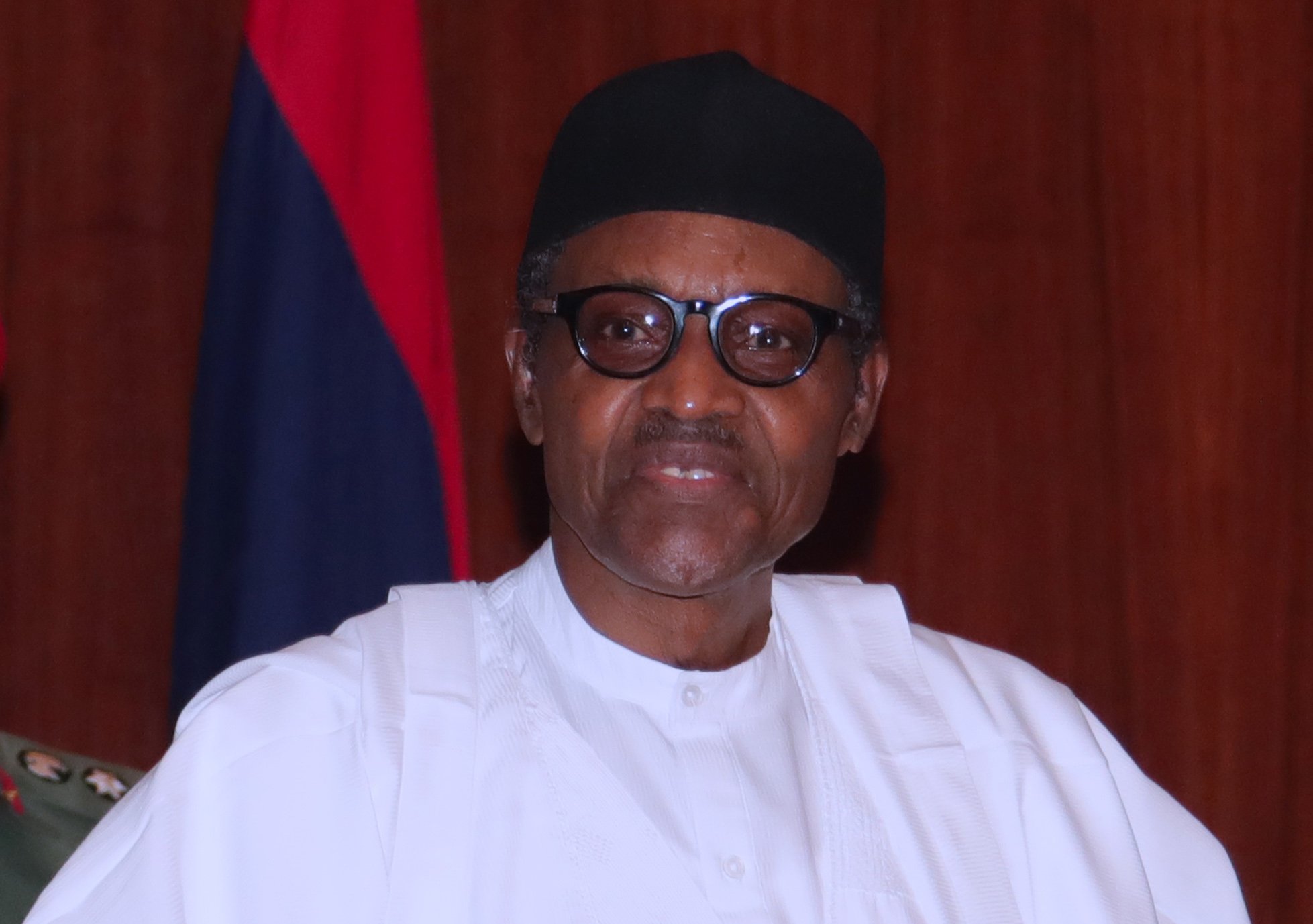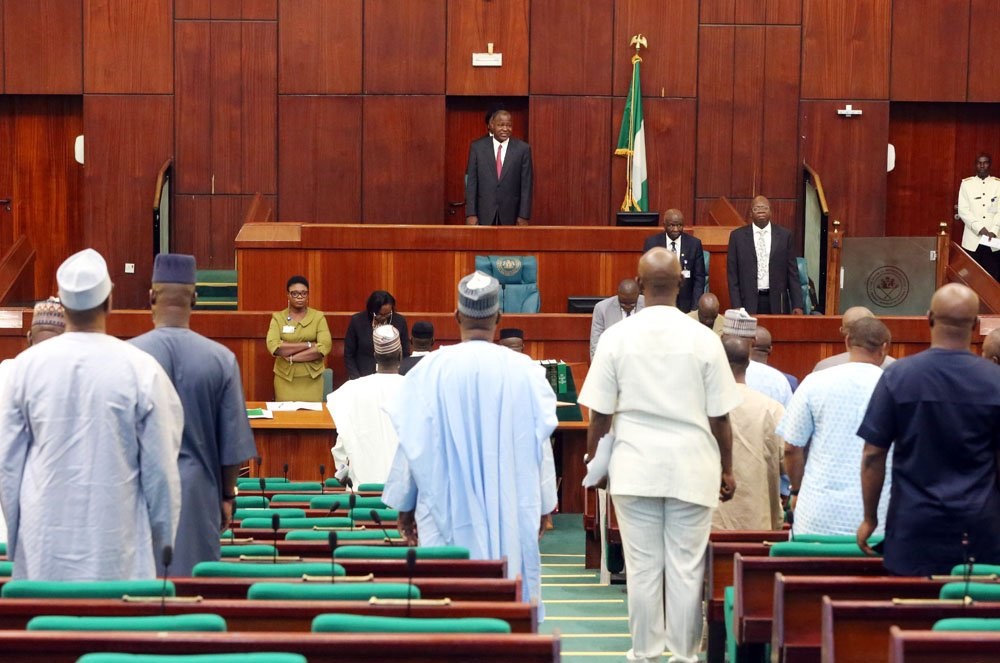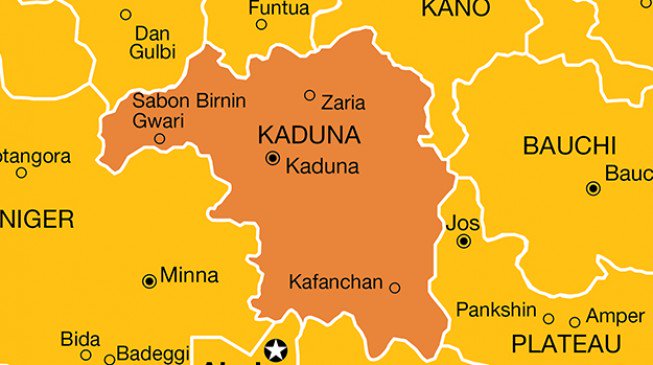Vice-President Yemi Osinbajo says over $183 million has been invested in the national school feeding programme.
Osinbajo made the disclosure in Tunisia while giving a keynote address at the closing ceremony of the 20th Global Child Nutrition Forum.
He said over nine million primary pupils are benefitting in 26 states already.
He said by the end of 2018, with more states in the country joining the programme, it will become the largest school-feeding programme in Africa.
Advertisement
Osinbajo told the 353 delegates and experts from nine countries that the programme is strategic to human capital development.
He said: “By tackling the broader issues of eradication of poverty, food and nutrition security, and increasing school enrolment. It is becoming clearer that the 21st century will be defined by knowledge and skills.
“The nations that are best able to present the most knowledgeable and most skilful citizens will prevail in commerce, in science and technology and of course, will enjoy the greatest prosperity and the longevity to enjoy the prosperity.
Advertisement
“Nations that do not invest enough to produce the required level of talent and skills will be left behind; a farther distance than ever before in the history of mankind.
“By 2035, Africa will have 1.2billion people. Over 50 percent of that number will be young persons under the age of 25. Today, 60 percent of the unemployed in Africa are young people.”
Osinbajo said at a cost of $0.19 per child per day, a balanced meal is provided for every one of the children as 9,300,892 million pupils in 49,837 public primary schools in 26 states across Nigeria benefitted daily.
According to him, at current numbers, the programme costs $1,767,169.48 per day and over $183million has been invested so far in it.
Advertisement
“The programme employs 95,422 cooks, and over 100,000 smallholder farmers linked to the programme, supplying locally sourced ingredients,” he said.
“This translates to 594 cattle, 138,000 chickens, 6.8 million eggs, 83 metric tons of fish that are procured, prepared, and distributed each week. As you can imagine, the quantity of starch and vegetables required for this program on a weekly basis is equally impressive.”
He told the audience that the success of the programme in a short time was due to factors such as unequivocal political will, transparency and accountability.
Advertisement
Add a comment






